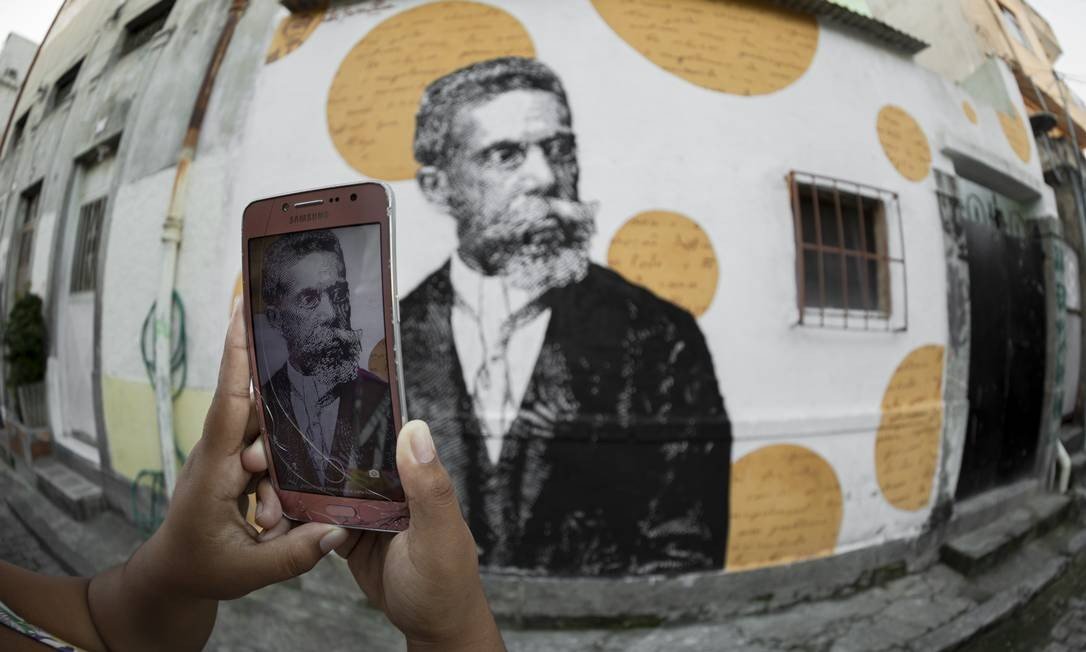When the late Susannah Hunnewell, publisher of The Paris Review, asked French author Michel Houellebecq how he has the nerve to write some of the things he writes, he replied: “Oh, it’s easy. I just pretend that I’m already dead.” That is the best starting point to discuss one of the most avant-garde books of all time, “The Posthumous Memoirs of Brás Cubas,” the 1881 masterpiece published by Brazilian novelist Machado de Assis. In short, it is the autobiography of a dead man. Not an author who wrote before his death. Rather, he died … and then wrote his story.
If you think about it, great literature has always managed to combine escapism while messing with sleeping dogs. Which is why it is good news that, in the middle — or beginning, or end, who knows? — of the coronavirus crisis, English speakers will have a new chance to discover a work that challenges programs, beliefs, illusions, and preconceptions that dictated cultural production not only in Brazil, but around the world, way before postmodernist literature existed. This month, two translations of this masterpiece were released, by Penguin Classics and Liveright.
The brochure edition put out by Penguin sold out instantly and, in the U.S., put Machado de Assis atop the “Caribbean and Latin American Literature” category on Amazon. “Not in my most feverish of fever dreams did I imagine this kind of enthusiasm. (Nor did Brás, since he estimates his readership at 5 people, max!),” wrote Flora Thomson-DeVeaux, who translated the book, on Twitter.
Posthumous Memoirs — as Brazilians usually shorten the title — is the no-holds-barred story of a life...


 Search
Search






































